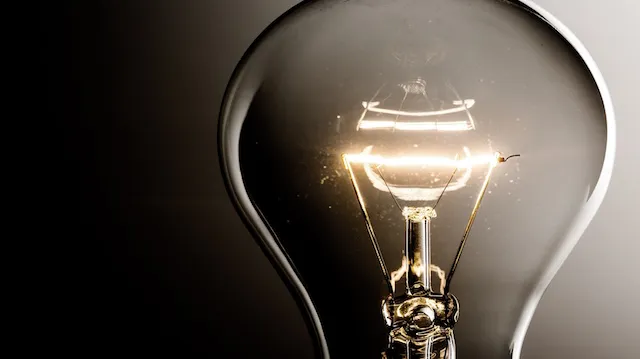As a green living advocate, you’ve probably heard of some of the latest attempts to create green energy. Solar power, wind power, harnessing the power of the tides, and even energy production from algae are ideas being pursued as alternatives to fossil fuels.
However, there are almost as many ways to harness energy as there are to expend energy. Take a look at these four weird ways to make energy:
Texting
Texting is ubiquitous, and for many people it has completely replaced calls and emails. According to a 2015 survey conducted by market research company Informate, the average person sends 32 text messages per day, spending just under 30 minutes per day texting. This number is increasing as cell phone users continue to abandon traditional voice communication methods.
In 2008, Greener Gadgets Design Competition received a submission to harness the energy from texting and convert it into a usable format. When the “Push to Charge” phone’s plastic buttons are pressed, hammers strike specific metals to create voltage and carry it to a battery for storage. Each button press would generate 0.5 watts of energy, which could quickly add up to significant energy production. Other electronics could also be converted to use the same type of energy production, dramatically increasing energy generation through day-to-day activities.
Chicken poop
While some energy production companies have looked into using cow manure as an energy source, a power plant in the Netherlands is run completely by chicken poop. The power plant converts 450,000 tons of poop into 285 kilowatts of energy each year, enabling the plant to power 70,000 homes.
Alcohol byproducts

E. coli
E. coli normally gets bad press, but researchers have found a way to use harmless strains of E. coli to create useable energy. Since crude oil is similar in form to the fatty acids excreted by E. coli, with some genetic modifications they transform agricultural waste into usable diesel fuel. So far the amount of diesel produced is much too small to be useful, but research continues in hopes of making this a feasible alternative.
Coffee grounds
Researchers at the University of Nevada-Reno discovered in 2009 that coffee grounds just might be a viable source of energy. The researchers found that the oils extracted from spent coffee could be used as a biodiesel feedstock. While coffee grounds do not represent a sole source of energy or biofuel, if coffee waste can be used to create fuel, it is a step in the right direction.
These alternative energy sources are just a few of the weird ways that people have found to make energy. With a little ingenuity, we may soon be able to meet all our energy needs without the need for fossil fuels at all.
—The Alternative Daily
Sources:
http://informatemi.com/blog/?p=133
http://www.bmcmoerdijk.nl/en/home.htm
http://www.heliusenergy.com
http://www.robertson.co.uk/projects/commercial/helius-corde-chp-biomass-plant-rothes-morayshire.html
http://www.pnas.org/content/110/19/7636.short
http://www.ct-si.org/publications/proceedings/pdf/2008/70158.pdf
